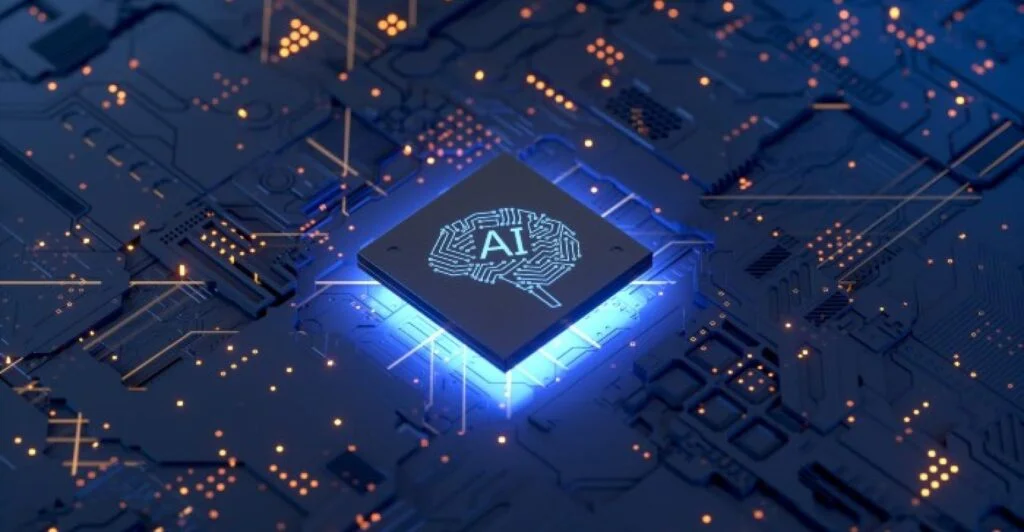To advance the artificial intelligence, semiconductor, and cloud computing industries, the U.S. and Vietnam sealed billion-dollar agreements and partnerships.

According to remarks made at a joint press conference, the United States and Vietnam signed billion-dollar business agreements and partnerships on September 11 to advance cooperation in artificial intelligence (AI) and other technologies.
The move is a formal “upgrading” of the relationship between the two countries, according to U.S. President Joe Biden, and focuses on critical sectors such as cloud computing, semiconductors, and artificial intelligence.
“We’re deepening our cooperation on critical and emerging technologies, particularly around building a more resilient semiconductor supply chain.”
He added that he expects the economic partnership to encourage more trade and investment between the countries.
However, he did not neglect to mention that the move is “not about containing China,” but rather about establishing a “stable base” in the region.
In attendance were also executives from Google, Intel, Boeing, Amkor, Microsoft, and Nvidia.
This is in addition to other agreements reached by Boeing and Amkor, which intends to establish a new factory near the Vietnamese capital, Hanoi.
According to a White House statement, the company will construct, package, and test AI chips in October of this year.
Acclime, a regional corporate services provider in Asia, reports that Vietnam is one of the world’s fastest-growing economies, rating 34th globally with a $450 billion gross domestic product.
In addition, it has recently shifted from centralized economic control to greater openness, allowing the United States to become one of its main export markets.
This recent AI-focused agreement has reportedly elevated the United States two levels in Vietnam’s bilateral hierarchy.
China, Russia, India, and South Korea previously occupied this location.
Additionally, relations with the United States were previously stifled due to a desire not to anger China and a tumultuous relationship resulting from the conflict.
These developments emanate from Vietnam at a time when governments around the globe are competing to produce and deploy advanced AI systems, particularly the United States and China.
In October 2022, the Biden administration banned the export of the most advanced and powerful U.S. semiconductor chips to China, which they are contemplating tightening.
In August, China’s new AI regulations were established. After the new laws were enacted, over 70 AI models with over a billion parameters were released.
